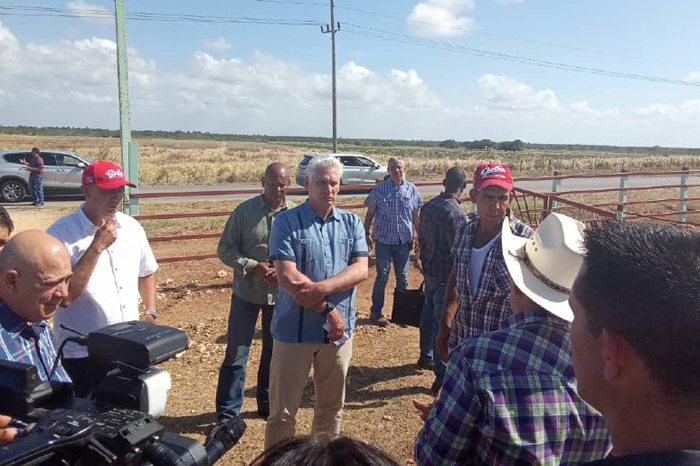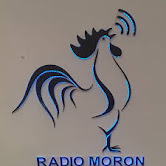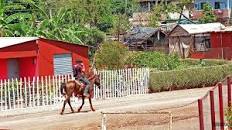The current and medium-term actions of the workers’ collectives of the Turiguanó Livestock Genetics Enterprise and the Breeding Center, both in the municipality of Morón, in Ciego de Avila, are on the agenda of Miguel Díaz-Canel Bermúdez, First Secretary of the Central Committee of the Communist Party of Cuba (PCC) and President of the Republic, during his visit to Ciego de Avila on Thursday.
The Cuban leader was accompanied by Roberto Morales Ojeda, member of the Political Bureau and Secretary of Organization of the Central Committee of the Communist Party of Cuba, Julio Gómez Casanova, First Secretary in the province of Avila, and Alfre Menéndez, Governor of the province, among other authorities of Ciego de Avila.
Luis Alberto Nieves Sorí, director of Empresa Genética Pecuaria Turiguanó, informed us about the structure of the entity, which has one of the largest herds in the country of the pure bovine breed Santa Gertrud.
Díaz-Canel was interested in the diversification carried out by the company, beyond the improvement of Santa Gertrudis cattle, the breeding of stallions, and beef production.
Nieves Sorí explained that in the last year, they have planted areas with various crops to feed the workers, the animals, the population of the surrounding communities, and the Roberto Rodríguez provincial hospital, of which they are sponsors of the award.
Currently – said Nieves Sorí – we are engaged in the construction of dairy farms to supply milk to these communities in the future since we have 70 percent of the females under the artificial insemination process, which translates into one birth per year for each one of these cattle of reproductive age.
We intend to close this April with some 25 tons of meat, some five above the plan, and to grow in the delivery of milk to the Combinado Lácteo, motivated by the increase in the payment for the collection, the executive pointed out.
The Cuban president also learned about the operation for the past year of the Principitos de Celia children’s home for the children of the mothers and fathers who work at that company.
In Morón, Díaz-Canel also visited the Centro de Alevinaje, an enterprise belonging to Empresa Pesquera Ciego de Ávila (Epivila) and immersed in a process of recovery of hectares of ponds and concrete pools.
There, the Cuban president exchanged with the workers and managers about the importance of discussing collectively the existing problems to solve those within their reach, since they are unable to fulfill their commitments.
Reinerio Díaz Betancourt, general director of Epivila, pointed out that they are working on the recovery of 20 hectares in which 32 earthen ponds will be put into production.
The objective, he added, is to obtain 78 million tilapia larvae, from which 19.4 million tilapia fry, cyprinids, and clarkias weighing more than six grams on average are expected to be obtained to repopulate the province’s aquariums.
The executive pointed out that Alevinaje Morón started January with losses, but at the end of March, it had small profits that improved the low average salary of the workers, amounting to 3,500 pesos each month, and in which Díaz-Canel was interested in the search for alternatives to increase it.
The visit of the Cuban president to Morón also included the photovoltaic solar park that is being set up in this northern town of the province which will add four megawatts more to the 11.6 megawatts of installed power that there are with three other sites of this type in the province.
This park, about to be inaugurated, is a donation from the People’s Republic of China, together with other similar ones for Holguín and Villa Clara, and the construction of another one in the capital city of Ciego de Avila is foreseen before the end of 2024.




